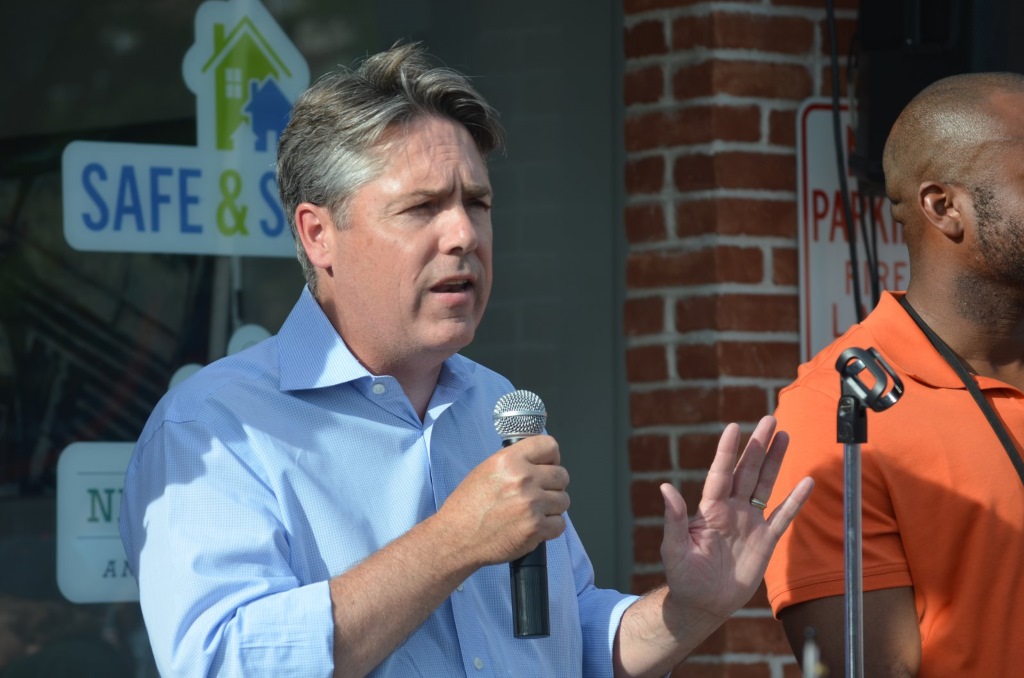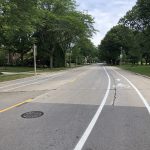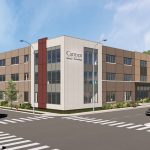New report casts doubts on sports venues economic impact claims
Alderman Murphy believes the report will be a valuable tool in the upcoming debate over the future of Milwaukee’s BMO Harris Bradley Center.
Milwaukee’s Legislative Reference Bureau on Friday released a report that raised serious questions about the validity of claims by proponents of building a new sports arena in Milwaukee that such a project would generate a significant economic benefit for the area.
Alderman Michael J. Murphy, chairman of the Milwaukee Common Council’s Finance and Personnel Committee, requested the study, which analyzes the economic impact of professional sports venues in Wisconsin and around the country. Alderman Murphy turned to the Legislative Reference Bureau, the nonpartisan research arm of the Common Council-City Clerk‘s Office, in order to provide background in what is expected to become a pitched debate over the future of the BMO Harris Bradley Center in downtown Milwaukee.
“As the city considers the business community’s likely request for public financing of a new downtown arena, I believe that an open and honest assessment of the fiscal implications is needed, and needed now,” Alderman Murphy said. “Before we go too far down the road of how to pay for such an arena, it warrants analyzing other, similar cases to determine the realistic economic impact the City of Milwaukee could expect as a return on its significant investment.”
The LRB report concluded that, while there may be other reasons for a municipality to invest in a sports venue, it is arguable whether sports franchises are economic engines themselves. Overall, in the past 15 years, publicly-financed sports venues have not paid off economically for the city, county or state governments that financed them, the report noted.
While proponents of public financing for a new arena speak to the economic benefits to be reaped, the LRB report cited a study by well-known sports economist Dr. Andrew Zimbalist, who will be participating in a Marquette Law School and Milwaukee Journal Sentinel-sponsored forum entitled, “A New Milwaukee Sports and Entertainment Arena? Divining the Benefits and Dividing the Costs,” on Monday, April 8, 2013.
“One should not anticipate that a team or a facility by itself will either increase employment or raise per capita income in a metropolitan area,” Dr. Zimbalist wrote, noting most fan spending at an arena is substitution—“…simply a redirection of entertainment spending.
Instead of spending their entertainment dollars at local restaurants and nights out dancing, they are spending at the ballpark or the arena. Their overall entertainment spending is constant.”
Contrary to proponents’ claims, most spending at stadiums and arenas is done by local metro residents, the LRB said, and not tourists who are drawn into the city. And while taxing this spending could help offset the cost of a publicly-financed arena, the LRB said Milwaukee’s narrow taxing authority would limit those benefits.
Also, while highly-paid athletes, managers, coaches and executives certainly accompany the presence of a professional sports team, the LRB report noted that they very seldom live in the city where they play. The bulk of their income, the LRB said, is not spent locally, while stadium and arena workers earn very low wages working part-time. Thus, shifting entertainment spending from other options to professional sports tends to concentrate income, reduce the total number of jobs and generally replace full-time jobs with low-wage, part-time work.
Alderman Murphy believes the report will be a valuable tool in the upcoming debate over the future of Milwaukee’s BMO Harris Bradley Center.
“Given the community’s current fiscal challenges to provide basic services like police and fire protection, it’s safe to say that publicly financing a new arena would further strain residents’ and municipal budgets,” Alderman Murphy said. “This report raises serious doubts about the type of return Milwaukee could expect on its investment, and I hope it tempers some of the enthusiasm the business community has for public financing of such a project.
“There most certainly may be benefits to be reaped from building a new arena,” Alderman Murphy added. “But the questions we need to be asking now are, ‘How do we finance such a project without a public subsidy;’ or, if that is unfeasible, ‘Shouldn’t the burden for financing the project be extended beyond the City of Milwaukee?’”
Report: LRB 143797 – Sports Venues & Revitalization of Downtown Oklahoma City Report
NOTE: This press release was submitted to Urban Milwaukee and was not written by an Urban Milwaukee writer. While it is believed to be reliable, Urban Milwaukee does not guarantee its accuracy or completeness.
Mentioned in This Press Release
Recent Press Releases by Ald. Michael Murphy
Statement on the death of Prince McCree
Oct 26th, 2023 by Ald. Michael MurphyAlderman Michael J. Murphy October 26, 2023
A reminder to be safe and respectful during 4th of July celebrations
Jul 3rd, 2023 by Ald. Michael MurphyStatement of Alderman Michael J. Murphy July 3, 2023






















